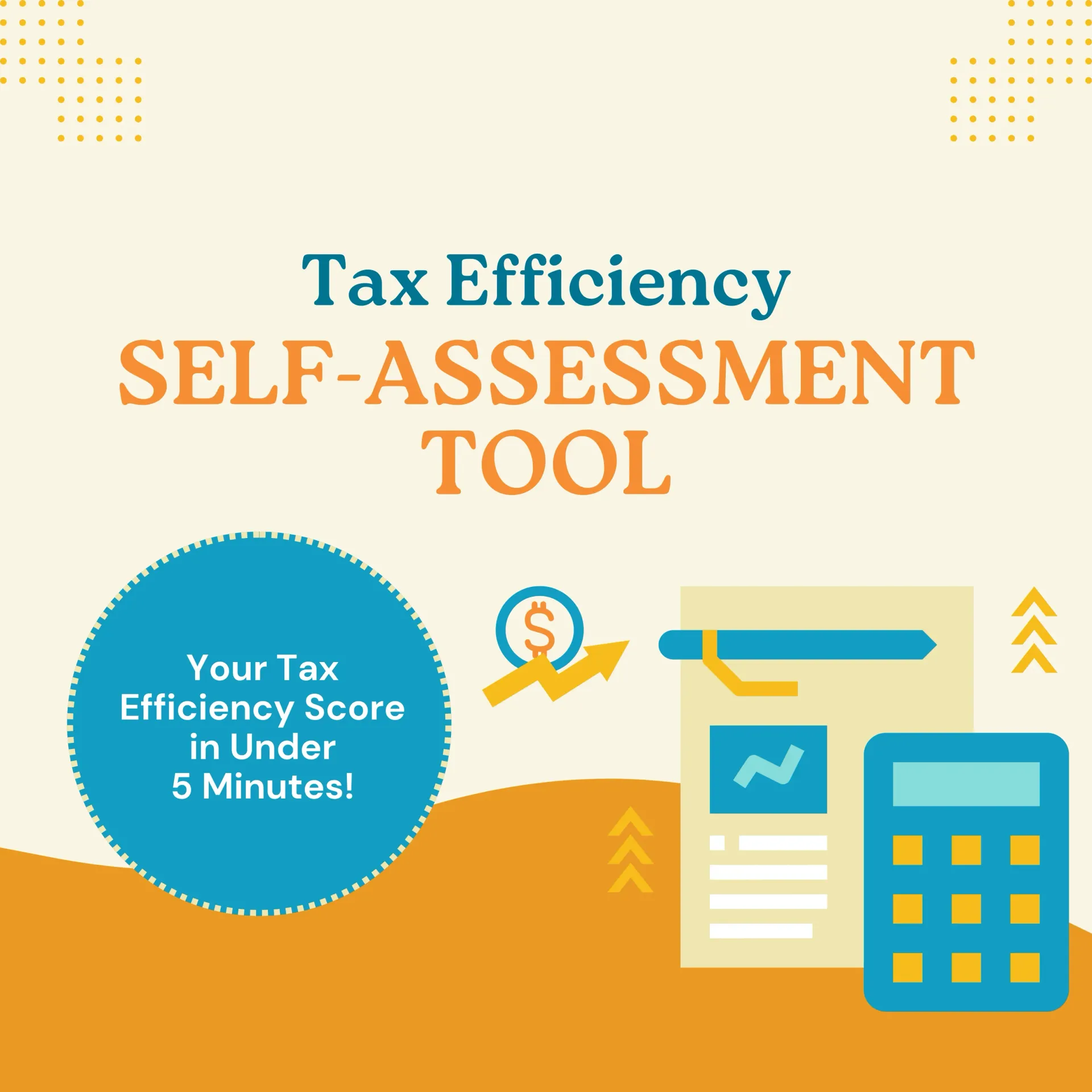The Importance of Financial Forecasting for Long-Term Business Success
In the fast-paced world of business, having a clear vision of where you're headed is crucial. This is where financial forecasting comes into play. Accurate financial forecasting can be the difference between thriving and merely surviving. It’s not just about crunching numbers; it’s about making informed decisions that lead to sustainable growth and stability.
When we talk about financial forecasting, we’re diving into a pool of essential concepts like budgeting, cash flow management, revenue projections, and expense tracking. These aren’t just buzzwords; they’re the backbone of any successful business strategy. Whether you’re a startup or a well-established company, understanding these elements can help you navigate the unpredictable waters of the market.
But why is this so important? Well, let’s break it down.
Understanding Financial Forecasting
Financial forecasting is essentially predicting your company’s future financial performance based on historical data and market trends. Think of it as your business’s GPS—without it, you might be driving blind, hoping to reach your destination without any real guidance.
Imagine you’re planning a road trip. You wouldn’t just hop in the car and start driving without knowing where you’re going or how much gas you’ll need, right? You’d map out your route, check the weather, and maybe even budget for snacks along the way. That’s what financial forecasting does for your business; it helps you plan your journey while anticipating bumps in the road.
The Benefits of Accurate Financial Forecasting
1. Informed Decision-Making
One of the biggest perks of financial forecasting is that it empowers you to make informed decisions. When you have a clear picture of your expected revenue and expenses, you can strategize effectively. For instance, let’s say you forecast a dip in sales during the winter months. Knowing this in advance allows you to adjust your marketing strategy or cut back on expenses to weather the storm.
2. Better Cash Flow Management
Cash flow is the lifeblood of any business. If money isn’t flowing in and out smoothly, you could find yourself in hot water. Accurate forecasting helps you anticipate cash flow needs so that you can avoid those dreaded cash crunches. For example, if you know that a big client is going to delay payment, you can plan accordingly by holding off on major expenses until that cash comes in.
3. Identifying Growth Opportunities
Financial forecasting isn’t just about avoiding pitfalls; it’s also about spotting opportunities for growth. By analyzing trends and projections, you might discover that a particular product line is gaining traction or that there’s an emerging market ripe for expansion. This insight allows you to pivot quickly and seize opportunities before your competitors do.
4. Enhancing Investor Confidence
If you're seeking investment or loans, having solid financial forecasts can significantly boost investor confidence. Investors want to see that you've done your homework and have a plan for growth and stability. A well-prepared forecast demonstrates that you're serious about your business's future and have a roadmap to get there.
5. Strategic Budgeting
Budgeting without forecasts is like fishing without bait—you might catch something, but it won’t be what you’re aiming for! With accurate forecasts in hand, budgeting becomes more strategic and aligned with your business goals. You can allocate resources more effectively, ensuring that every dollar spent contributes to your growth objectives.
Real-Life Example: A Personal Journey
Let me share a story from my time working with a small tech startup called Tech Innovations (not their real name). They had an amazing product but struggled with cash flow management because they didn’t have solid financial forecasts in place.
When we first met, they were often scrambling to cover payroll because they didn’t anticipate when clients would pay their invoices. After we implemented a structured financial forecasting process, they could see their cash flow patterns clearly. They learned when to expect payments and adjusted their expenses accordingly.
Fast forward six months later—they not only stabilized their cash flow but also identified an opportunity to launch a new service based on customer feedback they had previously overlooked! This was all thanks to having a clearer picture of their finances.
Tips for Effective Financial Forecasting
So how do you create effective financial forecasts? Here are some tips:
1. Use Historical Data
Start with your past performance data—sales figures, expenses, seasonal trends—anything that gives insight into how your business has performed over time.
2. Incorporate Market Trends
Look at industry trends and economic indicators that could impact your business. If everyone’s talking about a recession looming on the horizon, factor that into your projections!
3. Engage Your Team
Don’t go it alone! Involve key team members who understand different aspects of the business—salespeople can provide insights into customer behavior while operations staff can help with cost predictions.
4. Review Regularly
Financial forecasting isn’t a one-and-done deal; it requires regular review and adjustment as circumstances change. Make it part of your routine!
5. Use Technology
Leverage tools and software designed for financial forecasting—these can simplify data analysis and make it easier to spot trends.
Conclusion: The Road Ahead
In conclusion, accurate financial forecasting is not just another task on your to-do list; it’s an essential practice that can lead to long-term success for your business. It equips you with the insights needed to make informed decisions, manage cash flow effectively, identify growth opportunities, build investor confidence, and budget strategically.
At Straight Talk CPAs, we believe that every business deserves the chance to thrive—not just survive! By embracing financial forecasting as part of your strategy, you're setting yourself up for success in an ever-changing landscape.
So take charge of your financial future today! Start mapping out those forecasts and watch as your business navigates toward growth and stability like never before!
Discover Your Tax Savings Score in Minutes!


Salim is a straight-talking CPA with 30+ years of entrepreneurial and accounting experience. His professional background includes experience as a former Chief Financial Officer and, for the last twenty-five years, as a serial 7-Figure entrepreneur.




